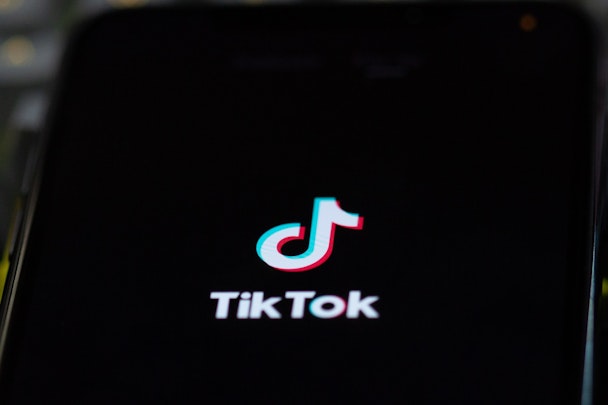If TikTok is entertainment, does social media need a rebrand?
A recent Tubefilter article looked at what TikTok sees when it looks in the mirror: a social media platform, or an entertainment one? Responding to the ensuing debate on social media, Chris Edwards, chief exec at agency Tommy (the agency is an official TikTok partner), wades into the debate to see whether ‘social media’ has really become a dirty term.

Tommy on the changing face of entertainment today
Do you check a platform, or watch it? Does that define whether it’s entertainment or social media? Clearly both Khartoon Weiss and TikTok see entertainment and social media as being crucially different.
An entertainment platform after all?
I agree that TikTok is an all-encompassing experience, more about content than comments. It doesn’t take long to be sucked down the rabbit hole of smart, funny submissions, and then half of your Saturday morning has disappeared – without really needing to comment, read comments or interact directly with other users. TikTok has fun at its core, so it fits the entertainment mould far more closely than some of its peers.
Snapchat calls itself a ‘camera company’; Facebook rebranded to make the definition of its future relatively self-evident. YouTube is a broadcaster. Twitch is a ‘livestreaming service.’ Twitter is a news and microblogging service. At one point, everyone was clamoring to be the latest social media platform – now no one wants to be one at all. As the article suggested, it does seem ‘social media’ has become a dirty word.
I’m not here to debate the rights and wrongs of social media. But you can’t ponder why platforms are changing (in name and form) without thinking about external factors that drive change.
It would be remiss not to mention the challenges that social media faces, from regulation and popular perceptions. From Joe Wicks telling people how to have a break from their phone to the implications of the UK Online Safety Bill, there are myriad reasons this has become an important political debate.
The term ‘social media’ has increasingly negative connotations. Being on every platform once had a lot of social capital, but it’s becoming increasingly cool to switch off and disconnect. The social media ‘brand’ is a little less glossy than it once was. No surprise that platforms want to explore new ways to position themselves, and new forms and functions to change the way people see and use them.
Why do social media platforms want a refresh?
It’s not all about the impact of social on society (or of society on social). Any technology’s roadmap can be subverted by how people actually use it.
TikTok, you’ll remember, started as a lip-syncing platform; Facebook as a college ‘hot or not’ rating platform (although short-lived before a pivot); and Twitch was the territory of hardcore gamers until other fan groups realized that easily-accessible livestreaming could help them enjoy music, sports, unboxing and pretty much anything else together.
Instagram, once the preserve of perfect ‘hot dog’ legs on a beach or exquisitely manicured avocado on toast, is now used by a subset of people to post handwritten notes or ‘unfinished’ content – a backlash against the endless stream of idyllic beaches, brunches and banalities. User behavior and adoption can change the very nature of a platform; just try getting a teen to say Facebook is cool.
Getting out of a sticky reputation problem, new generations with new needs and ideas – and the proliferation of new technologies – accelerate the evolution of these platforms, whether they like it or not. It’s no wonder they think it’s time for an identity overhaul.
Is it fair to call TikTok entertainment? Yes. Is it correct to say that it doesn’t fall into people’s definition of their ‘social channels’? Probably not. Does the term ‘social media’ need to be relegated and does each channel provide a new definition of what it is? I don’t know. If it’s just semantics-washing, then what’s the point?
As platforms respond to both challenge and opportunity; as artificial reality (AR) and the metaverse become more familiar; as people, we hope, create a more balanced relationship with checking and posting; and as new brands emerge – there’ll be plenty of prompts to reassess what they really ‘are.’ I suspect most will want more definition, not less.
Evolution in this area is happening quickly, at a pace that would make Darwin go weak at the knees. Do agencies and brands need to understand the subtle (and less subtle) shifts in platforms’ function and focus, not to mention how audiences use and view those platforms? If you want to be truly successful, absolutely.
